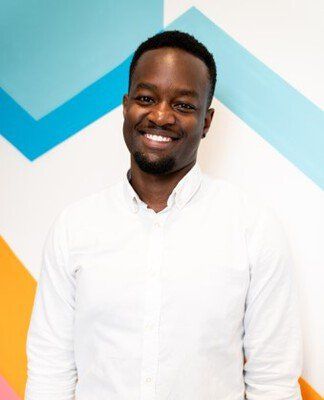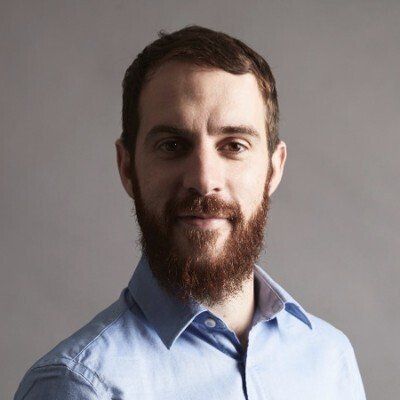Mentor Case Studies

Jean-Luc Habiyambere Sangwa, E-Retail Marketing Manager, AB Inbev [London]
Please can you tell me about yourself?
I’m originally from Rwanda and grew up in Belgium. I started working in Prague for AB Inbev, which is branded in the UK as Budweiser Brewing Group. I did my internship and first role there and then I got promoted to a role in sales here in London. A year and a half after that I got promoted to an e-commerce team, which is something very new in groceries and beer, and will soon be moving to the export team as National Account Manager.
Why did you want to start mentoring?
A good friend had spoken to me about 1MM before and I was very enthusiastic about it because I think it can be of real value to people in university or people just finishing high school to give them a better view on the business life. I know that’s something I was missing at that age, to have a better view of what’s available out there. How you should prepare for an interview, how you should know what type of roles are available - even simple things like what is an account manager. I also wanted to help someone who is younger, and develop my own mentoring and leadership skills.
Have you ever been mentored yourself?
I think I’ve had a lack of formal mentors in my life, and that was a big reason why I wanted to mentor with 1MM. I’ve had a lot of informal mentors since entering the business world who have always been able to provide valuable insights on their own experiences and advice for the next steps of my career.
What were you expecting in a mentee?
I was looking for someone who is 18 or over and beginning to take the first step in their professional career, because I think that’s where I can give the most value. My mentee is looking for a role in marketing and communications, and it’s been going well until now.
What activities have you engaged in?
I’ve tried to keep it really relaxed and informal. I ask her how everything is going at school and she is always doing great. Then we talk about her future prospects and roles that interest her. After her last exams she will be starting to apply to companies that interest her, and even simple things like tailoring her CV for a job application or preparing for an interview are things we have already touched base on that have been really helpful for her.
Have you enjoyed your mentoring experience?
For myself it’s been good to listen to someone who’s at that life stage and be able to see that [what I’m doing] is of value. Having that responsibility, and just knowing that if I advise the correct things I can really make a difference, including key little aspects that might return in the next couple of years as she might find the ideal job that she wants to apply for and get accepted. I’m not really trying to steer her but advise and open up the gates to help her understand what is out there. Also I feel it’s different talking to an outsider, someone who is relaxed but already on the business side rather than just talking to your professor, or to parents, who can sometimes be biased.

John Storton, Mentor, GMCR [Founder, Yellow Spider Media]
Where are you from?
I’m from Warrington. I worked in Manchester for a couple of years so I’m used to getting the train in and spending my days there.
Was this your first time mentoring?
Yes.
What do you think are the challenges facing young people today? How has COVID-19 impacted your mentee?
Towards the end [of her mentoring scheme] my mentee got a new job, and that in itself brought challenges because her start date was delayed and postponed, which meant she had a period of two or three months without employment. We still caught up, and in actual fact I think those conversations were more important than some of the other ones because she had more concerns about the future than when she was in work. I remember thinking early on in this programme, I would have loved to have had this kind of 1-1, continuous interaction with a mentor when I was younger. I had no idea what I wanted to be, and the advice wasn’t really forthcoming throughout my school years. That’s probably apparent in the fact I became a teacher and then completely changed direction later in life but yeah, I would have loved to have had this option. Mentoring is a safe space where you can ask questions and figure things out with a little bit of help from someone who’s been there and done it.
What activities did you and your mentee engage in during your mentoring sessions?
When we began it was clear that my mentee’s role was very generic. She had to do a lot of different tasks and her job description wasn’t set in stone. What she wanted from the relationship was to whittle down what she wanted from her current role, to work out which parts of it she was better at and which parts were more relevant, and really try to focus on where she could go in the future.
Did you do any specific exercises that helped her think about her future?
We set up a spreadsheet that listed all of the skills and tasks that she was asked to do at work. We talked through each one and decided how important they were to her, and how she felt she was progressing. We had photography, videography, web design, scheduling, graphic design - for a bit of fun at the end of our catch up we would go through each one and my mentee would score herself out of 10, to see what she’d ticked off that month and whether she felt she was getting better.
Did she hone her knowledge of areas she wanted to develop?
Yeah, and perhaps it helped her to grow a bit of a thick skin and whittle out the bits she knew she didn’t like. SEO was quite a low scoring on her chart, and planning and scheduling and creating a content pipeline were lower than some of the more creative tasks that were on the list. I think she realised that rather being in a planning role and an admin role she would much rather do the design work or something a bit more creative and exciting.
Have you noticed the impact that mentoring has had on your mentee?
Yes, I think she grew in confidence as our sessions went on. Her communication with her line managers and senior colleagues improved massively. She became less reliant on trying to do everything herself and was able to ask for advice or push back on things that were perhaps meaning she was spreading herself a little too thin. We did find towards the end of our meetings on the programme that she was a lot more focused on the things she wanted to do. Her graphic design in particular was a strong point and the balance of work was much more focused on this.
Do you think it’s important to focus in on what you want to do early in your career?
From personal experience I think it’s never too late. I was a teacher and head of department until I was 30, and only then did I decide to do digital marketing. It would be very advantageous to figure it out early- I think in general people spend a lot of time doing things that make them feel busy, but they’re not actually achieving and moving forward. It’s nice to have a bit of clarity and think objectively about what it is that you should be spending your time doing.
Did talking to your mentee support your development in any ways?
It helped with my own planning skills and the way that I look at my own working life. I’m a business owner and run a digital marketing agency. I was very much in a position like my mentee where I was trying to do a bit of everything, spinning plates- there was a time where I would much rather try and do everything myself rather than delegate. I knew what the best advice was to give my mentee and then I would come away from our meetings and think, there are a lot of things here that I can implement and streamline my own work performance.
Mentoring is a very introspective experience, whether you like what you’re doing or you’re looking for ways to move out of it.
Have you enjoyed your mentoring experience?
First and foremost it’s quite scary, a bit intimidating to begin with. You have those doubts that you know, am I experienced enough? Am I skilled enough that I should be telling someone how to do things in their workplace? The first meeting was much more a case of getting to know each other and getting to grips with what my mentee wanted to learn.
Once you get started though it’s good to know that you can spend a morning travelling to Manchester and having a meeting with someone knowing that it’s not part of your paid work, and that you’re just doing it out of the kindness of your heart. It gives you a good start to the day. In general it was such a rewarding experience, it has expanded my network because I got to speak briefly to my mentee’s managers and other people within her organisation. She’s now a great graphic designer in her own right so we will potentially have that relationship to work together in the future, so lots of positives from it.
Do you think mentoring has changed the way you engage with young people?
Absolutely, 100%. When I had my own apprentices I found it really difficult to speak to them on their level. Fortunately my mentee was a breath of fresh air, she was very mature, forward thinking and had a lot of things going for her in terms of what she wanted to do, and how hard she was willing to work to get there.
UpRising Leadership: a charitable company limited by guarantee registered in England and Wales | Registered Charity No. 1149905 | Company No. 8252639 | Registered at Unit 2.E.03, 35-47 Bethnal Green Road, London E1 6LA
All Rights Reserved | StandOut

